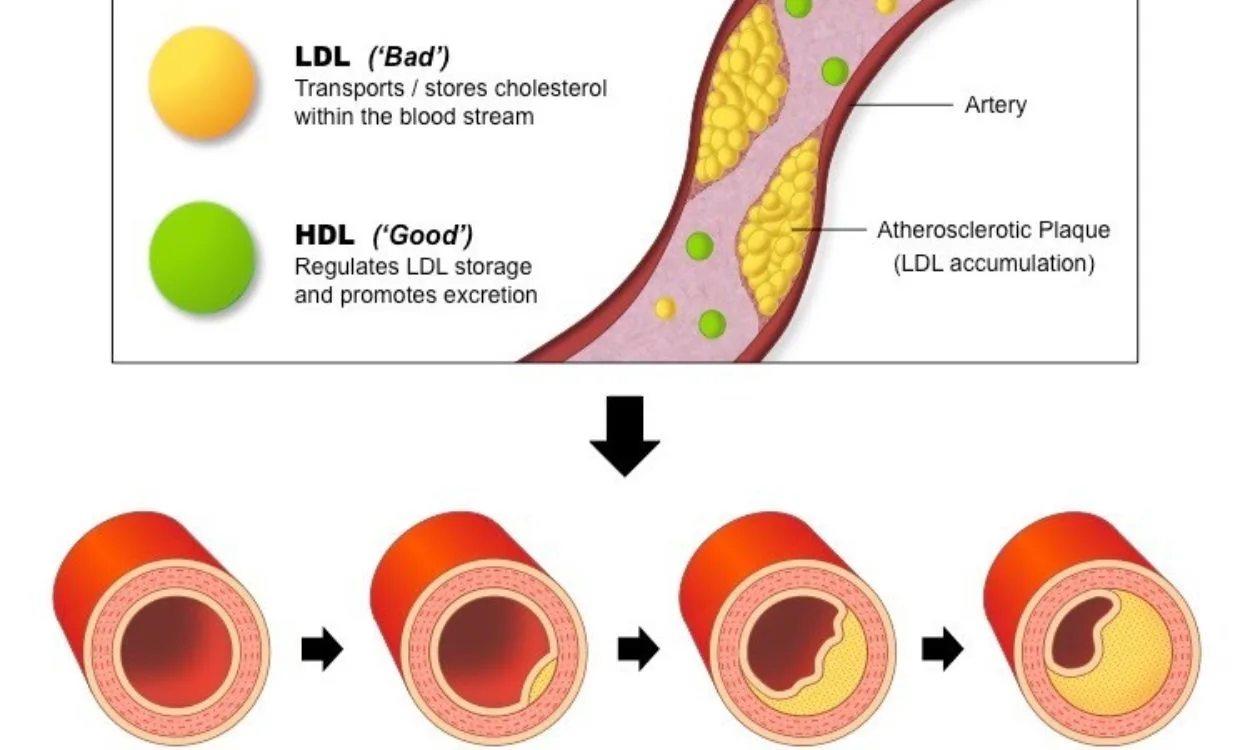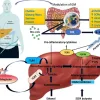Can Saturated Fats and Trans Fats Raise Cholesterol Levels?
Introduction
In today’s world, where heart diseases and other lifestyle-related conditions are on the rise, it is important to understand the impact of our dietary choices on our health. One of the key concerns regarding heart health is cholesterol levels. Cholesterol is a waxy substance produced by our bodies and is also found in certain foods. While our bodies need some cholesterol for essential functions, high levels of cholesterol, particularly LDL (low-density lipoprotein) cholesterol, can lead to atherosclerosis and other cardiovascular problems.
There has been much debate and conflicting information surrounding the role of saturated fats and trans fats in raising cholesterol levels. In this article, we will dive deep into the topic and explore the relationship between these types of fats and cholesterol levels.
Saturated Fats and Cholesterol
Saturated fats are commonly found in animal products such as meat, full-fat dairy products, and tropical oils like coconut and palm oil. For many years, saturated fats were believed to be the major culprits behind elevated cholesterol levels. It was thought that consuming foods high in saturated fats would increase LDL cholesterol levels, which in turn would promote the development of heart disease.
However, recent research has challenged this notion. While it is true that saturated fats can raise LDL cholesterol levels, they also tend to increase HDL (high-density lipoprotein) cholesterol levels, which is often referred to as “good cholesterol.” HDL cholesterol helps remove LDL cholesterol from the arteries and transports it back to the liver, where it can be eliminated from the body. Therefore, the ratio of LDL to HDL cholesterol is an important factor to consider in assessing the impact of saturated fats on heart health.
Additionally, not all saturated fats are created equal. Some studies have suggested that certain types of saturated fats, such as those found in dairy products and dark chocolate, may have neutral or even beneficial effects on cholesterol levels. These fats contain specific fatty acids that may have protective properties and do not contribute significantly to raising LDL cholesterol levels.
Trans Fats and Cholesterol
Trans fats are artificially created fats that are commonly found in processed foods, fried foods, and baked goods. These fats are created through a process called hydrogenation, which converts liquid vegetable oils into solid fats. Trans fats have been widely recognized as harmful to health, and their impact on cholesterol levels is no exception.
Unlike saturated fats, trans fats not only raise LDL cholesterol levels but also lower HDL cholesterol levels. This double whammy can result in a significant increase in the risk of heart disease. Trans fats have been shown to promote inflammation, oxidative stress, and endothelial dysfunction – all factors associated with the development of atherosclerosis.
Conclusion – Making Informed Choices
While the connection between saturated fats, trans fats, and cholesterol levels is complex, the general consensus among health experts is to limit the intake of both these types of fats. It is important to maintain a balanced diet that includes a variety of healthy fats, such as monounsaturated fats (found in olive oil, avocados, and nuts) and polyunsaturated fats (found in fatty fish, flaxseeds, and walnuts).
To make informed choices regarding your diet, it is recommended to focus on whole, unprocessed foods and limit the consumption of foods rich in saturated fats and trans fats. Opting for lean sources of protein, reducing the intake of high-fat dairy products, and avoiding processed and fried foods can help in managing cholesterol levels and promoting heart health.
While diet plays a crucial role in maintaining good cholesterol levels, it is essential to consider other lifestyle factors as well. Regular physical activity, maintaining a healthy weight, and managing stress levels are also important in maintaining overall heart health.
If you are looking for personalized guidance and support in achieving your health and fitness goals, the Fitpaa app offers a comprehensive approach that combines the latest research in lifestyle medicine, behavioral therapy, and metabolism monitoring. With the help of a dedicated team of fitness coaches, nutritionists, and doctors, you can embark on a journey towards optimal health and well-being.
Download the Fitpaa app today and experience the joy of achieving your health and fitness goals with guaranteed results. Your well-being is our mission, and we are here to support you every step of the way.









